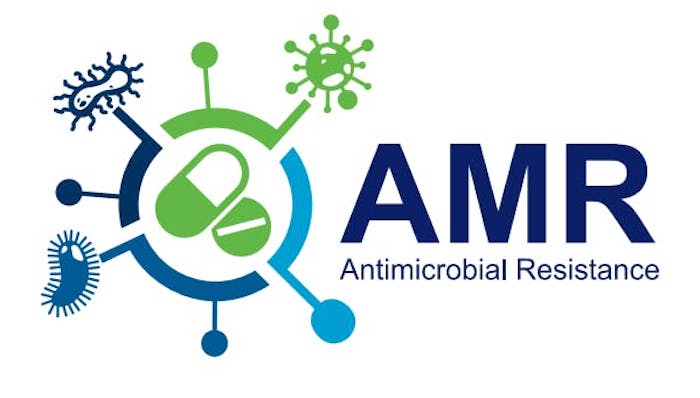By Iyemah David
As the Antimicrobial Resistance (AMR) poses an escalating global threat, experts at the fourth session of the “Gamechangers-II” policy webinar series have raised fresh concerns.
The webinar was hosted on Tuesday by the International Vaccine Institute (IVI) and the RADAAR Project.
The session spotlighted cutting-edge data tools designed to empower Low- and Middle-Income Countries (LMICs) in the fight against AMR.
The session, with the theme, “Leveraging Strategic Insights from the Global AMR R&D Hub: Empowering the Fight Against AMR Through Data”.
It featured presentations by Dr Lesley Ogilvie, Director of Global AMR R&D Hub Secretariat, and Dr Catherine Fleck-Vidal, Consultant at IVI’s Europe Regional Office.
Dr Ogilvie unveiled the Global AMR R&D Hub’s Dynamic Dashboard on an interactive platform that maps global investments across over 17,000 AMR research projects, totalling nearly 16 billion dollars in funding since 2017.
She said that the dashboard allowed policymakers and funders to visualise funding gaps, pipeline progress, and policy incentives across human, animal, and environmental health.
“Therapeutics attract three times more funding than diagnostics and vaccines, but there is increasing momentum around cross-sectoral and vaccine-related investments, especially for LMICs,” she said.
The session also featured a case study that revealed a stark funding imbalance.
According to Fleck-Vidal, just two pathogens; Streptococcus pneumoniae and Mycobacterium tuberculosis, have received the bulk of the $4.5 billion invested globally in human bacterial vaccines between 2007 and 2024.
“Less than 20 per cent of this reached the Global South. India accounted for nearly 70 per cent of all LMIC vaccine funding, driven by robust domestic investments.
“Countries like Kenya, Gambia, Uganda and Zambia also benefited from philanthropic and development partnerships,” she said.
She underscored the need for transparency in funding flows to LMICs, saying tracking end recipients remains a critical gap.
She also emphasised that while antibiotics lose effectiveness over time due to resistance, vaccines offer more sustainable AMR protection.
The speakers acknowledged major challenges, including the difficulty of capturing downstream recipients of funds and the underinvestment in behavioural and implementation research.
The Hub’s work has already informed key global policy outputs, including G7 and G20 AMR discussions, and it continues to support national AMR strategies in countries like Germany, the Netherlands, and Canada.
New tools, including a Social Sciences Dashboard and training modules for LMICS, are also in development.
Meanwhile, Mr Satyajit Sarkar, Principal Investigator and the Policy and Advocacy Lead for the RADAAR Project, reaffirmed the project’s commitment to building local capacity.
Mr Sarkar announced upcoming webinars on antibiotic stewardship, animal biosecurity, and a special August session with WHO and the Global Polio Eradication Initiative on how data has influenced 25 years of global vaccine policy.
AMR is the ability of bacteria and other microbes to resist the effects of drugs, making infections harder to treat.
It poses a growing global health threat, driven by the misuse of antibiotics in humans, animals, and agriculture.
As AMR continues to threaten global health and development, organisers said that the time to act was now, and evidence is the most powerful tool.




